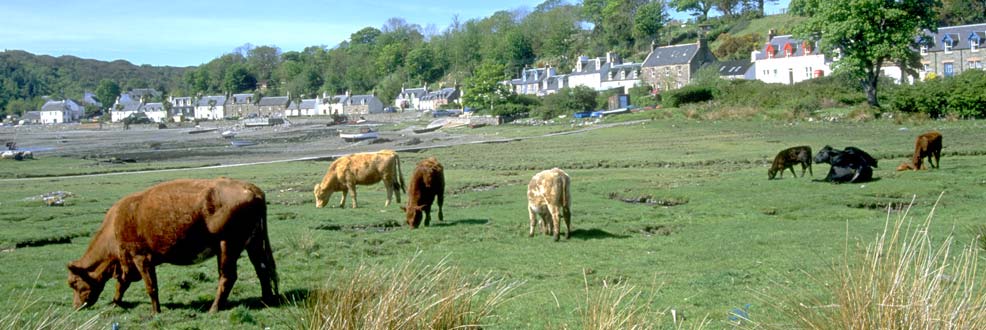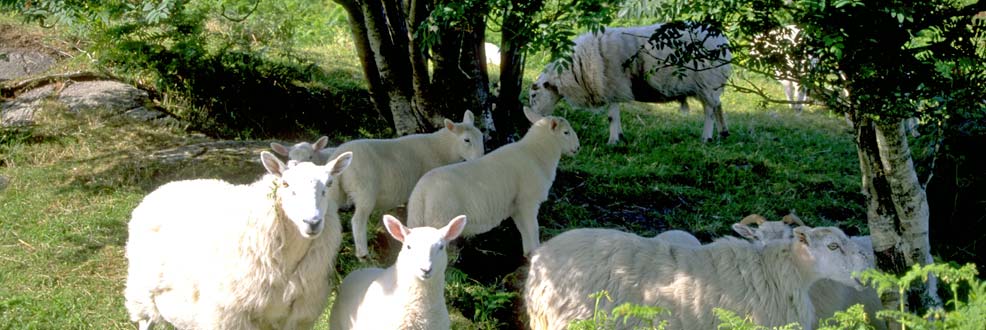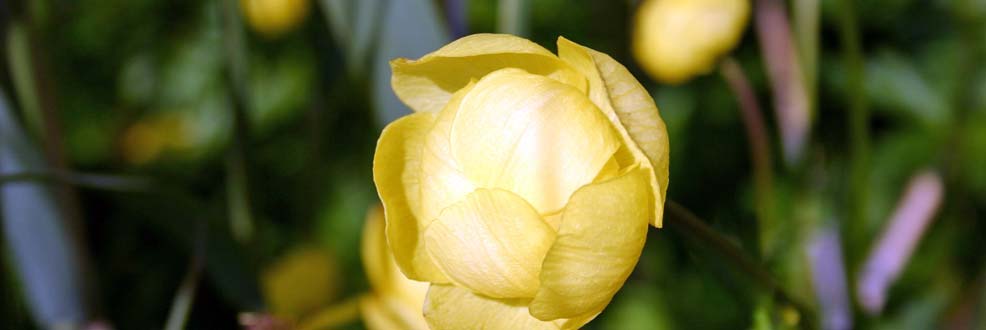Horses
Scottish Further Education Unit – Rural Skills Intermediate 1: Animal Husbandry: An introduction (Horses) contains a reference section, a Tutor Support section and a Student Support section with notes and activities under the following headings:
- Welcome to Animal Husbandry: Horses
- What is Horse Husbandry all about?
- Basic characteristics of horses
- How to tell the mares from the geldings
- Signs of health
- Breeds
- Preparing the stable and mucking out
- Setting a bed
- Feeding and watering horses
- Types of concentrate feed
- Watering horses
- Practical activity worksheets
- Horse husbandry: crossword
- Glossary of terms
Scottish Further Education Unit – Rural Skills Intermediate 1: Animal Handling: An introduction (Horses) contains a Reference section, a Tutor Support section and a Student Support section with notes and activities under the following headings:
- Welcome to animal handling (horses)
- What is horse handling all about?
- Understanding horses
- What is the horse saying to me?
- Being safe around horses
- Identifying horses
- Moving and restraining horses
- Practical activity worksheets
- Practical assessment checklist
- Further revision
- Glossary of terms
SRUC run a range of Equine courses at their Oatridge campus:
Equine Studies HNC
Equine Studies HND
Landbased Studies Certificate
Horse Care SVQ at SCQF Level 6
Horse Care SVQ at SCQF Level 5
Horse Care Advanced Certificate
Forgework City and Guilds Level 2 Certificate
Equine World UK has a website devoted to every aspect of keeping horses. It has sections on: About Horses, Buying, Loaning and Selling Horses, Horse Care, Horse Riding, Equestrian Sports, Working with Horses and Breeding Horses.
HorseRiding.org.uk offers an in-depth beginner's guide to horse riding.
The RSPCA have useful tips on horse welfare and adopting horses.
The Scottish Government publish the 'Code of Practice for the Welfare of Equidae' and a 'Checklist for Equine Health'.
The British Horse Society provides a wealth of information and the National Equine Welfare Council 'protects the welfare of the horse, pony, donkey and mule by ensuring that everyone who has an interest or association with the horse makes its health and welfare the overriding factor in all decision making'.
A good way of gaining experience with horses, particularly for a young person, is to volunteer or work at a local stables or riding school. Below is a list of establishments throughout the crofting counties:
Knoydart Pony Trekking near Fort William
Highlands Unbridled Trail Riding and Trekking Centre, North Wilds, Tain
Highlands Pony Trekking Centre, Glenshiel
Uist Community Riding School, Balivanich, Isle of Benbecula
Portree Riding Stables, Isle of Skye
The Isle of Skye Trekking Centre and Equine Therapy Retreat, Suladale, Portree
Free Spirit Trekking Centre, Sheigra, Kinlochbervie, Sutherland
Houlls Horses and Hounds, Burra, Shetland
Lunga Riding Stables, Craobh Haven, Lochgilphead, Argyll
Argyll Adventure, Inverary, Argyll
Gailoch Trekking Centre, Red Point, Gairloch, Ross-Shire
Killiechronan Pony Trekking, Isle of Mull
Lettershuna Riding Centre, Appin, Oban
Highland Trekking and Trail Riding, Cougie, Tomich, Cannich, Inverness-shire











